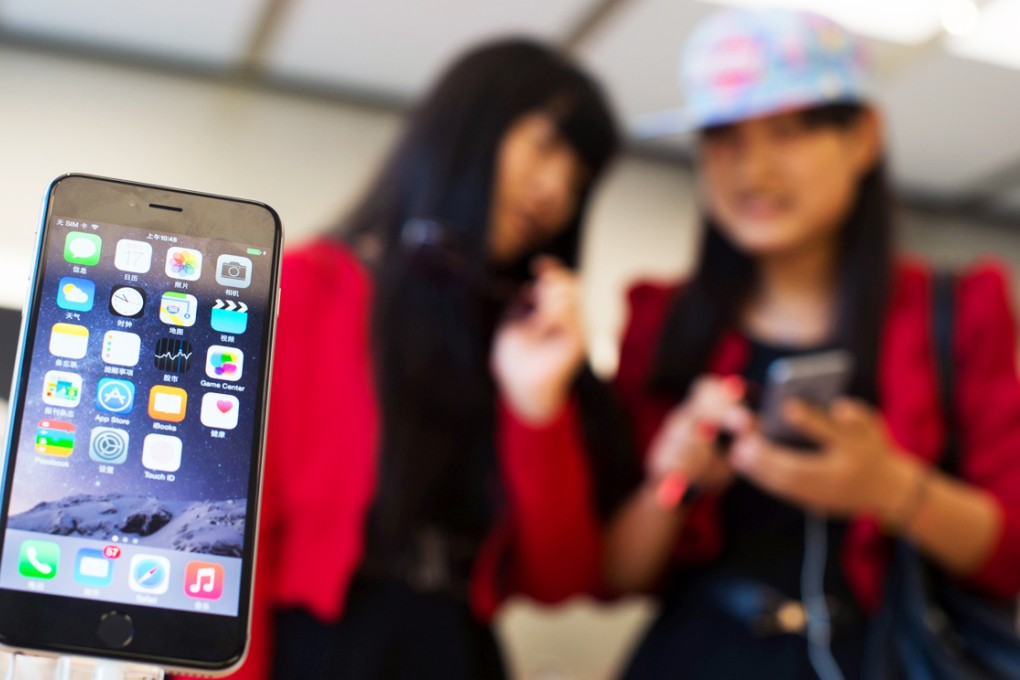New | Apple issues China iCloud security warning
Caution urged after Chinese users report seeing warnings they had been diverted to an unauthorised website when they attempted to sign into their accounts

Apple has posted a new security warning for users of its iCloud online storage service amid reports of a concerted effort to steal passwords and other data from people who use the popular service in China.
“We’re aware of intermittent organised network attacks using insecure certificates to obtain user information, and we take this very seriously,” the computer-maker said in a post on Tuesday on its support website. The post said Apple’s own servers have not been compromised.
Apple’s post did not mention China or provide any details on the attacks. But Chinese internet users have begun seeing warnings that indicate they had been diverted to an unauthorised website when they attempted to sign into their iCloud accounts.
That kind of diversion, known to computer security experts as a “man in the middle” attack, could allow a third party to copy and steal the passwords that users enter when they think they are signing into Apple’s service. Hackers could then use the passwords to collect other data from the users’ accounts.
Chinese activists blamed the attacks on that country’s government, according to news reports and the Chinese activist website GreatFire.org, which suggested the campaign was spurred by the fact that Apple recently began selling its newest iPhone models, the iPhone 6 and 6 Plus, in China. The new smartphones have software with enhanced encryption features to protect Apple users’ data.
Apple said in its post that the attacks have not affected users who sign into iCloud from their iPhones or iPads, or on Mac computers while using the latest Mac operating system and Apple’s Safari browser. But the company suggested users should verify they are connecting to a legitimate iCloud server by using the security features built into Safari and other browsers such as Firefox and Google’s Chrome. The browsers will show a message that warns users when they are connecting to a site that doesn’t have a digital certificate verifying that it is authentic.